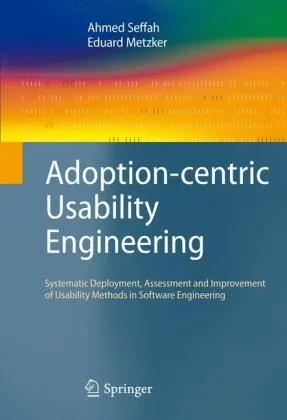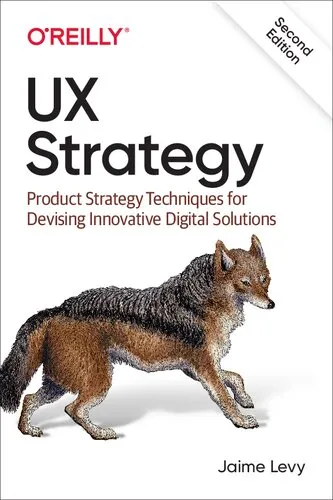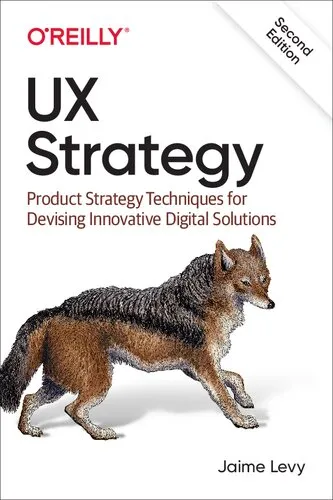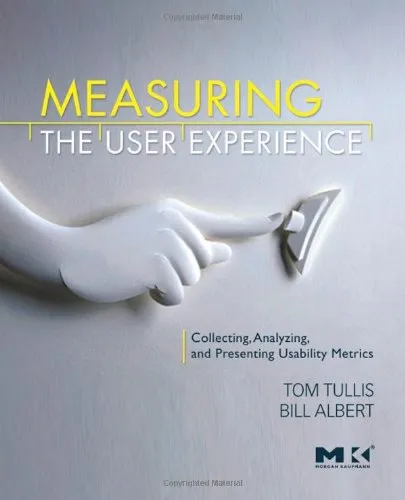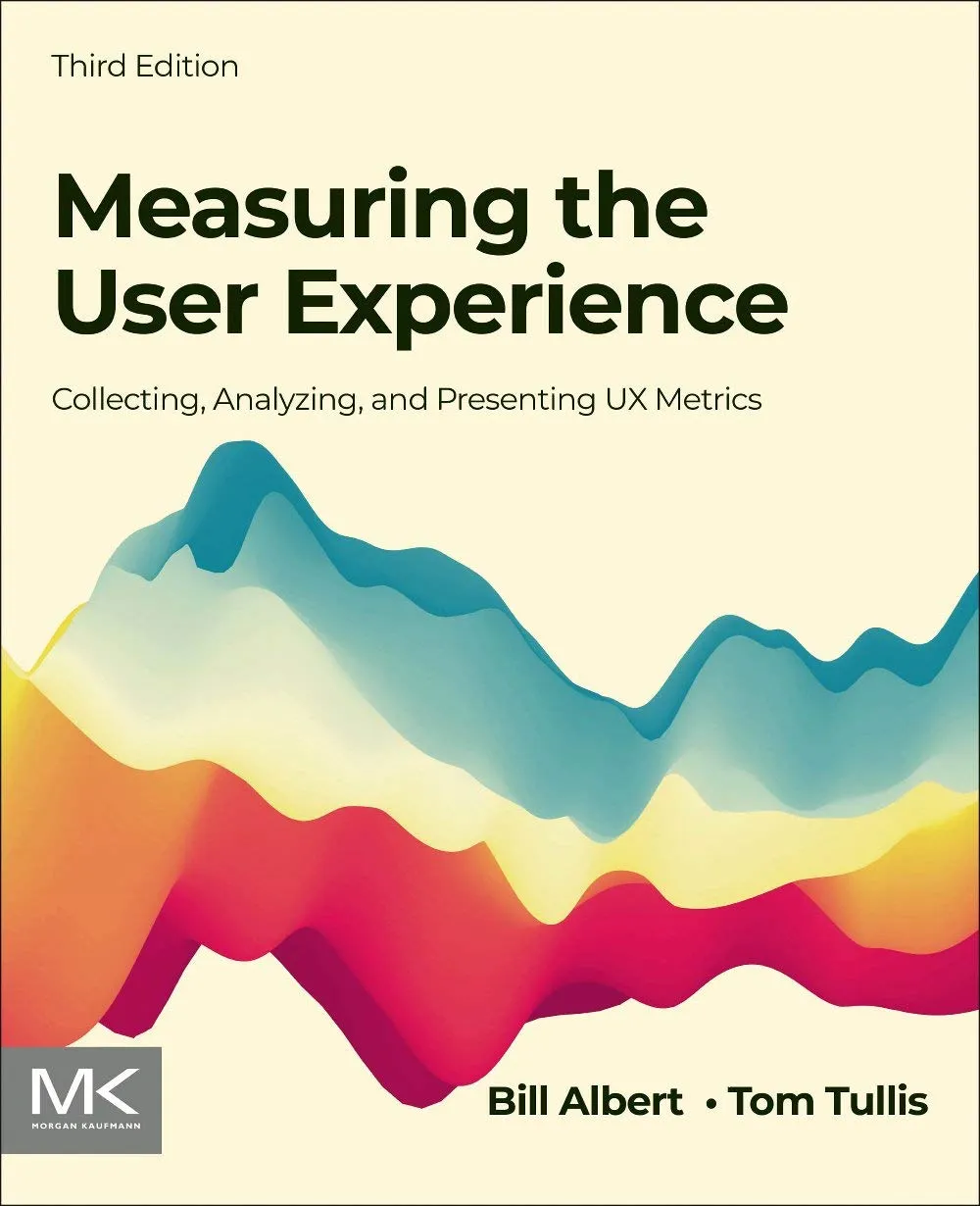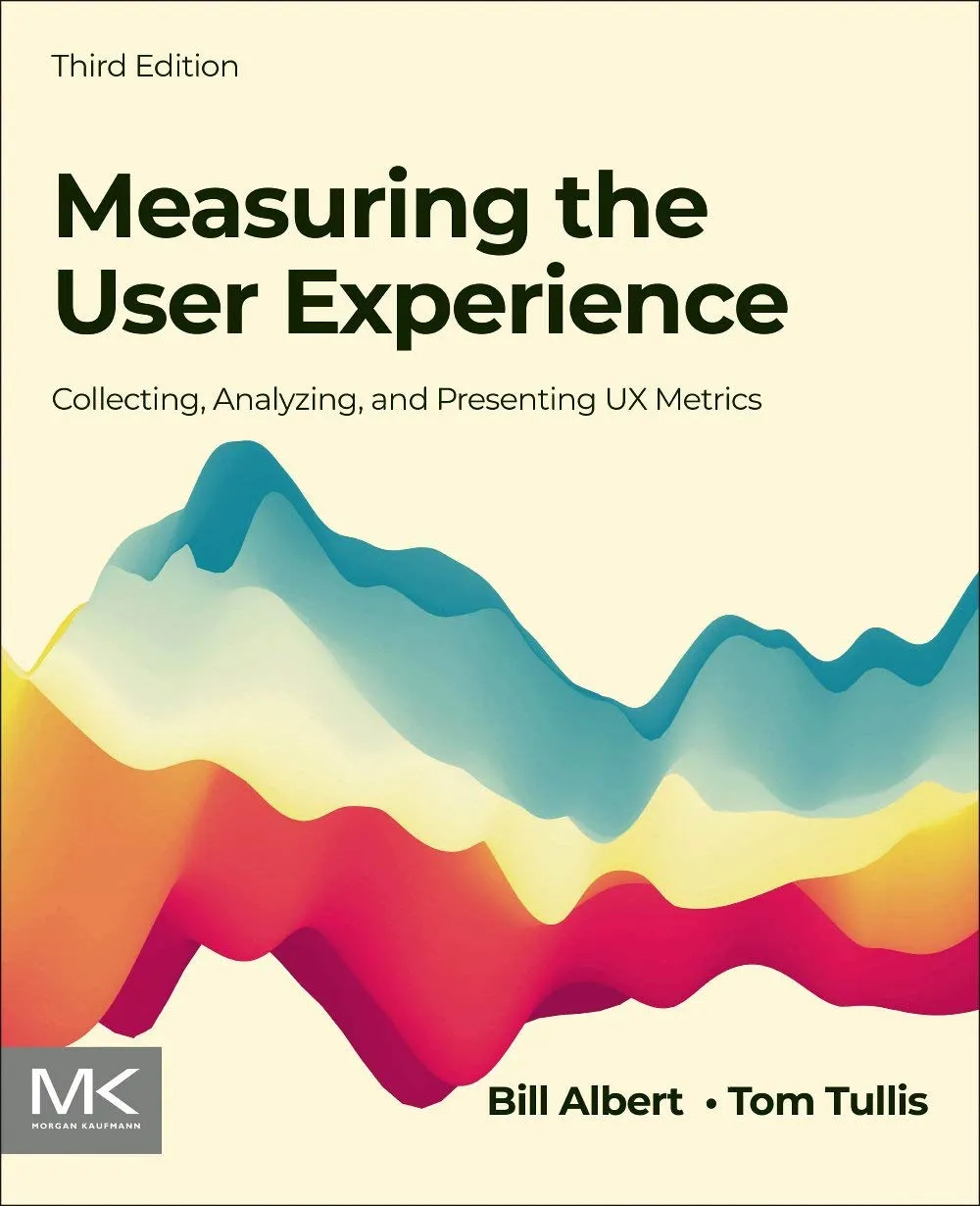Adoption-centric Usability Engineering: Systematic Deployment, Assessment and Improvement of Usability Methods in Software Engineering
4.0
Reviews from our users

You Can Ask your questions from this book's AI after Login
Each download or ask from book AI costs 2 points. To earn more free points, please visit the Points Guide Page and complete some valuable actions.Related Refrences:
Adoption-centric Usability Engineering: Systematic Deployment, Assessment and Improvement of Usability Methods in Software Engineering
Detailed Summary of the Book
In the rapidly evolving landscape of software engineering, usability is no longer a luxury but a crucial determinant of software success. "Adoption-centric Usability Engineering" offers a comprehensive exploration of how to integrate usability into the software development lifecycle effectively. Authors Ahmed Seffah and Eduard Metzker provide an in-depth analysis and guide on deploying, assessing, and continuously improving usability methods with a strong focus on adoption. This book delves into the theoretical foundations of usability engineering while providing practical insights into real-world application, making it an essential resource for software engineers, usability professionals, and project managers.
The book presents a systematic approach to usability engineering, illustrating how to address usability challenges at every stage of the software development process. It emphasizes the importance of understanding user needs and contexts, thereby ensuring that usability methods are not only implemented but also sustained and improved over time. Through case studies and empirical data, the authors illustrate successful usability engineering practices across different industries and software systems.
Key Takeaways
- Usability should be a central consideration in software development, impacting every stage from requirements gathering to deployment and post-launch analysis.
- The adoption-centric approach focuses on integrating usability methods that are not only effective but also sustainable within the organization’s culture and process.
- A systematic and data-driven approach to assessing usability enables continuous improvement, adapting methods as new challenges emerge.
- Collaboration between usability experts and software engineers is essential for creating user-centered products that meet market and user demands.
- Real-world case studies showcased in the book highlight practical applications of the discussed concepts, reinforcing the theoretical insights with empirical evidence.
Famous Quotes from the Book
“Usability is not a feature; it is the foundation of creating software that people will use and love.”
“Adopting usability practices is a journey, not a destination. It's a commitment to evolving the user experience as technologies and user expectations change.”
“User-centered design is the bridge between technology and empathy. It translates complex systems into intuitive experiences.”
Why This Book Matters
"Adoption-centric Usability Engineering" is a critical read for anyone involved in software development and design, especially those tasked with ensuring the usability of their products. In a world where technology permeates every aspect of life, creating user-friendly applications is no longer merely desirable but essential. This book provides the tools and methodologies needed to meet these demands by fostering a usability-centric mindset right from the design phase through to product launch. It equips readers with the ability to make informed decisions that enhance the user experience, ultimately leading to higher user satisfaction and product success.
In addition to its practical applications, the book stimulates a broader discussion on how usability engineering can be better integrated into standard software engineering practices. By addressing common barriers to adoption and suggesting strategies to overcome them, Seffah and Metzker provide a roadmap for organizations looking to enhance their usability practices. The emphasis on continuous improvement ensures that usability engineering remains dynamic, adapting to new challenges and technological advancements.
Overall, this book stands as a vital contribution to the field of usability engineering, bridging the gap between theory and practice with an adoption-centric perspective. Its insights are invaluable for professionals seeking to deliver exemplary user experiences in their software products.
Free Direct Download
You Can Download this book after Login
Accessing books through legal platforms and public libraries not only supports the rights of authors and publishers but also contributes to the sustainability of reading culture. Before downloading, please take a moment to consider these options.
Find this book on other platforms:
WorldCat helps you find books in libraries worldwide.
See ratings, reviews, and discussions on Goodreads.
Find and buy rare or used books on AbeBooks.
